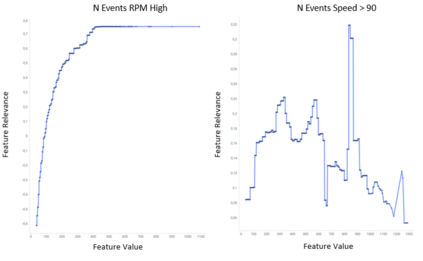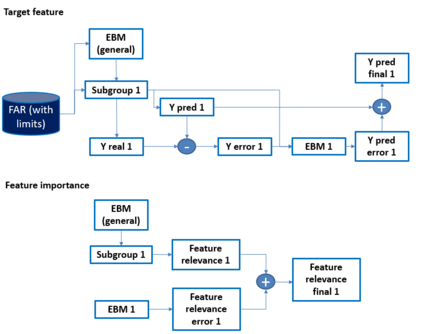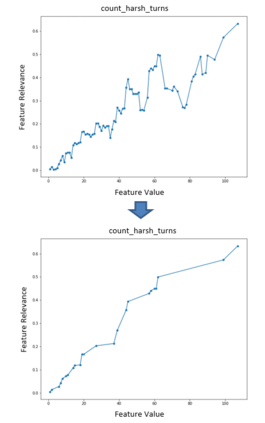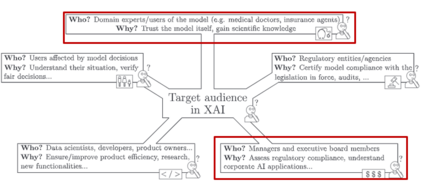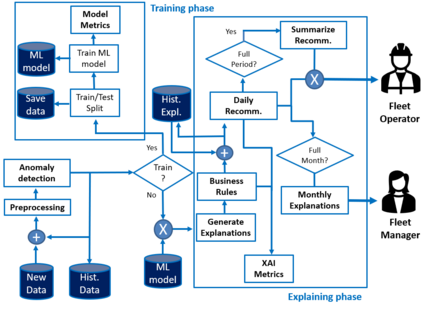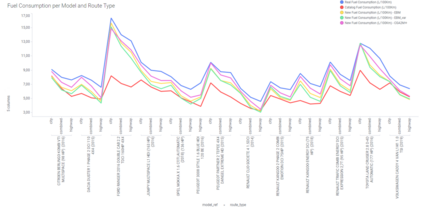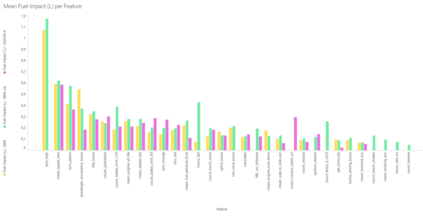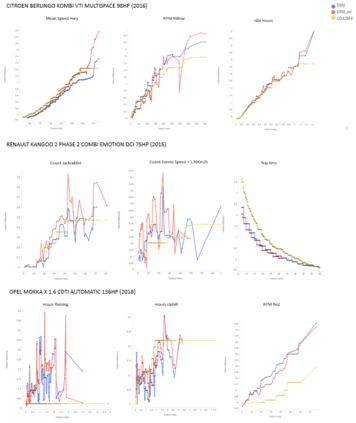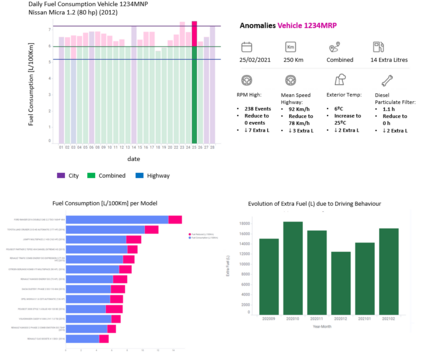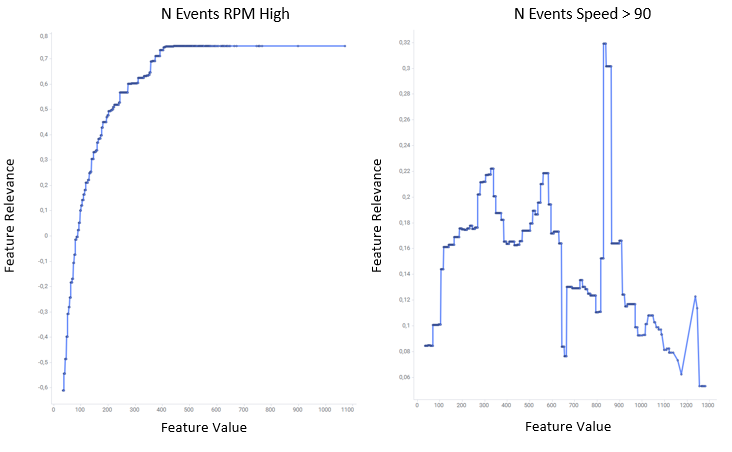Identifying anomalies in the fuel consumption of the vehicles of a fleet is a crucial aspect for optimizing consumption and reduce costs. However, this information alone is insufficient, since fleet operators need to know the causes behind anomalous fuel consumption. We combine unsupervised anomaly detection techniques, domain knowledge and interpretable Machine Learning models for explaining potential causes of abnormal fuel consumption in terms of feature relevance. The explanations are used for generating recommendations about fuel optimization, that are adjusted according to two different user profiles: fleet managers and fleet operators. Results are evaluated over real-world data from telematics devices connected to diesel and petrol vehicles from different types of industrial fleets. We measure the proposal regarding model performance, and using Explainable AI metrics that compare the explanations in terms of representativeness, fidelity, stability, contrastiveness and consistency with apriori beliefs. The potential fuel reductions that can be achieved is round 35%.
翻译:查明车队车辆燃料消耗的反常现象是优化消耗和降低成本的关键方面。然而,仅此信息是不够的,因为车队运营商需要了解异常燃料消耗的原因。我们结合了未经监督的异常探测技术、域知识和可解释的机器学习模型,从特征相关性的角度解释不正常燃料消耗的潜在原因。这些解释用于提出燃料优化建议,根据两种不同的用户情况进行调整:车队经理和车队运营商。对与不同类型工业车队的柴油和汽油车辆相连的电信信息设备产生的真实世界数据进行评估。我们衡量关于模型性能的建议,并使用可解释的AI指标,比较代表性、忠诚性、稳定性、对比性和与优先信念的一致性等解释。可以实现的燃料减排率约为35%。

